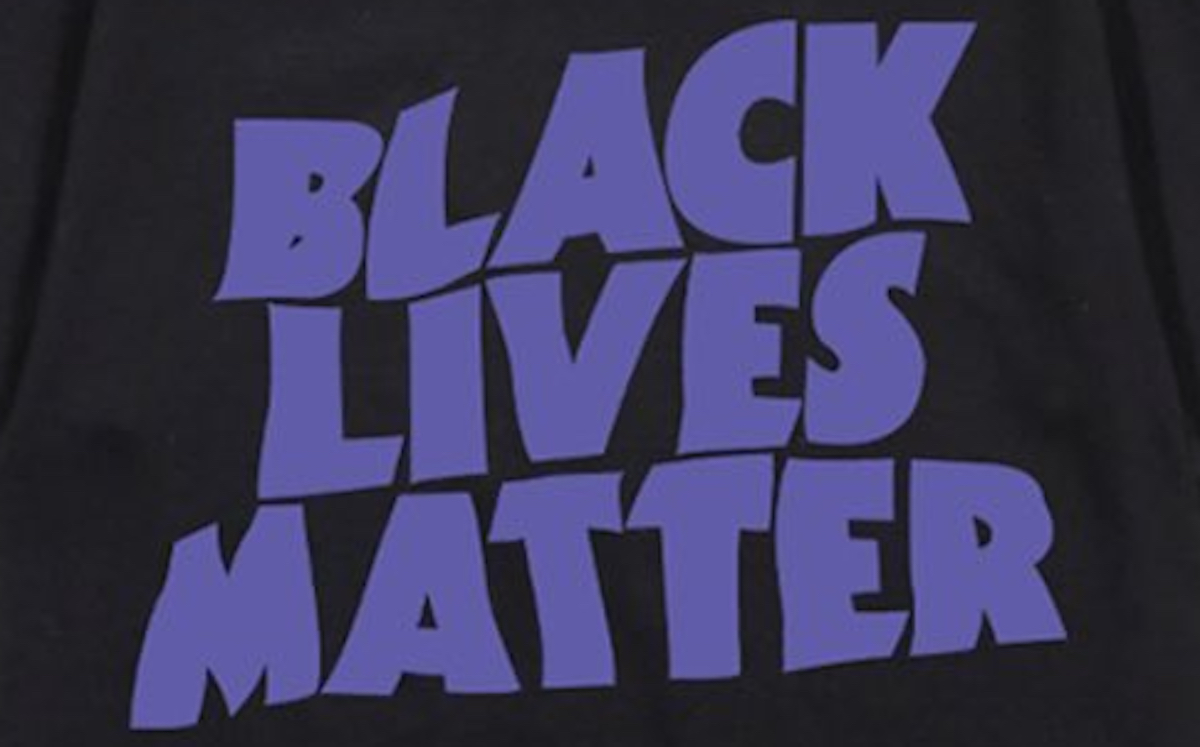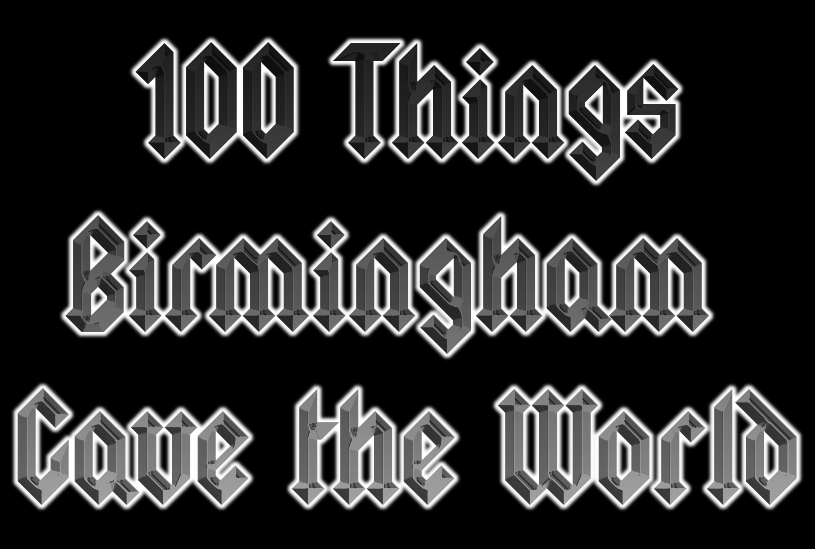
When Africans arrived in America as slaves during the 17th century, they brought with them a five-note musical scale that had evolved over centuries along the trade routes between Africa and the Middle East. Upon encountering the slightly different musical scale that the plantation owners had brought over from Europe, the Africans found that not all notes could be easily resolved. This led to a certain amount of improvisation and bending of strings that eventually resulted in what became known as ‘blue’ notes. These became the distinctive characteristics of wholly new African-American forms of music such as jazz and blues.
Stick jazz and blues, and its derivations such as R&B, together with the European folk music that had morphed into another truly American art form, country, and you eventually get rock and roll. It’s a bit more complicated than that, and probably would have happened without the murderous, genocidal, capitalism, but you get the picture.
The point is here that the movement of people – and the mixture of cultures and of music styles that go with it – is at the very heart of what makes pop music tick and what allows it to continually evolve. There are now more genres than you can possibly imagine, and that list will grow, and grow, as each new style eventually fractures into ever more complicated configurations of sub-genre.
In the late 1960s, lots of people wanted to be The Beatles, and it was easy to understand why. They were internationally famous and, along with a few other luminaries, seemed to be reinventing what pop music could be on an almost weekly basis. The main trouble with wanting to be The Beatles was (and still is) that, unless you grew up in the exact same circumstances, time and place as John, Paul, George and Ringo, and experienced the same things they had, then you were never going to be The Beatles: you were going to be something else entirely.
Four kids growing up in Aston, Birmingham, in the late 1960s liked The Beatles just as much as everyone else did. They formed a band. The trouble was, just as peace and love was giving way to the darker times of the 1970s, Aston (and Birmingham, generally) was not a place where you walked with flowers in your hair. Ansells Mild, maybe.
The result, as anyone who hasn’t been living under a rock for the last 40 years will know, was a band called Black Sabbath, and they invented HEAVY METAL.
Genetically speaking, heavy metal is one of the stronger and more virulent of the musical genres to have evolved out of the actions of Dutch slave-trading bastards in the 1600s. And, like the Sabbath themselves, it is still going strong today, although it’s morphed into a huge variety of sub-genres that are played and celebrated by millions the world over. In fact, the number of bands that have followed in the footsteps of Black Sabbath must surely by now rival those who have attempted to walk in even the Fab Four’s shoes.
Granted, in some places, like Scandinavia, it can go a bit wonky from time-to-time and lead to the burning down of churches, or the occasional murder of a band member, but, by and large, metal is a Birmingham invention that truly did make the world a better place. The Dutch, incidentally, went on to give the world Golden Earring, The Vengaboys, and 2 Unlimited.


